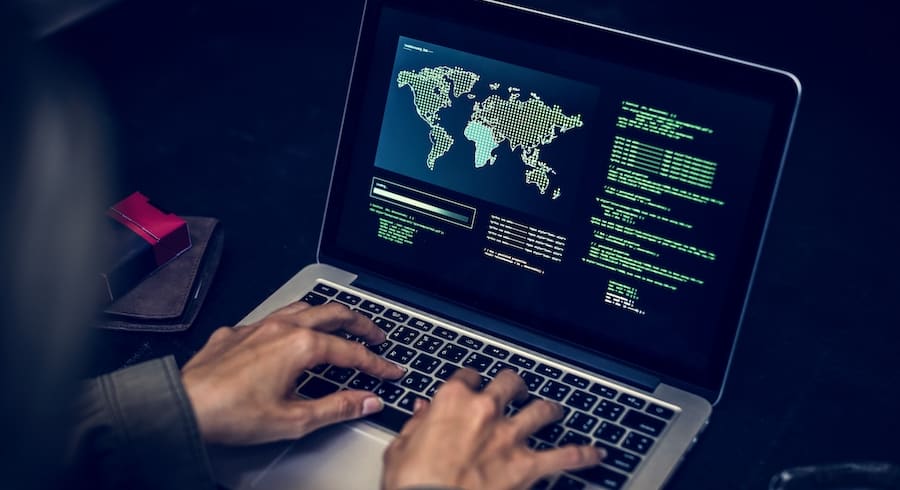
More than 200 people from across the globe met at The Hague at Europol’s headquarters on March 6, 2019, and March 7, 2019. They met to discuss criminal finances and cryptocurrencies. They shared their knowledge, networked and learned new facts about how cryptocurrencies are being used for illegal financing.
A press release reported the event as an initiative of the Working Group on cryptocurrencies and money laundering which was established in 2016 by Europol, INTERPOL and the Basel Institute on Governance. The conference exclusively focused on discussing “vulnerabilities and threats in cryptocurrencies” thus leading to their misuse in money laundering and terrorism financing. The event zeroed down on threats innovations, solutions, tools, and building coalitions to combat these threats.
The event on the first day was exclusively open only by invitation to the representatives from the private sector. The second day mainly focused on the public sector.
Representatives from cryptocurrency exchanges, analytics companies, cryptocurrency brokerages, and others participated in the event.
The conference had a packed agenda in which it covered everything ranging from KYC/AML. Updates were provided about regulations in comparison with practical experiences and the case studies extracted from cooperation between the private and public sector.
There were a broad array of speakers in the event. They spoke from different locations. Some of their topics were repeating. The most repeated topic was about using cryptocurrency ATM for tax evasion and money laundering. Topics like dark web markets for the cryptocurrency, the opaque nature of private coins, and the peer-to-peer markets were discussed.
There are several challenges when it comes to investigating financial crimes using the cryptocurrency. The crime operates beyond boundaries, and a multidisciplinary approach is required in dealing with such financial crimes.
Wil van Gemert, Europol’s Deputy Executive Director of Operations, closed the event by urging the participants to be proactive in their approach by building coalitions with boldness, thus becoming gatekeepers who are respected for ensuring an environment where crime does not pay.
On the first day, representatives from Elliptic, MME, Bitnovo, Bitpay, FATF, Ciphertrace, Chainalysis, and the Luxembourg FIU made their presentations.
This is the need of the hour when instances like the seizure of 30 KGs in drugs and $2M from the cryptocurrency crime ring. Following the incident, the licenses of both of these exchanges were cancelled, and one of the spokespeople stated, “Our decision to suspend the registration of the two businesses means they can no longer lawfully operate.” They have done this to deter the criminal exploitation of the Australian Financial System.
Get the latest Crypto & Blockchain News in your inbox.